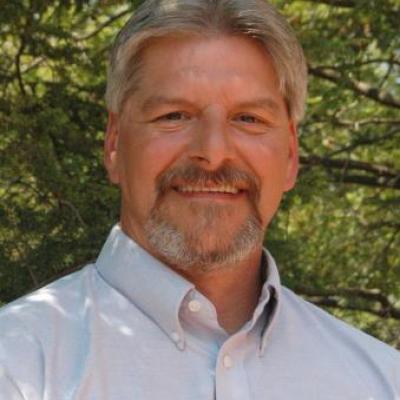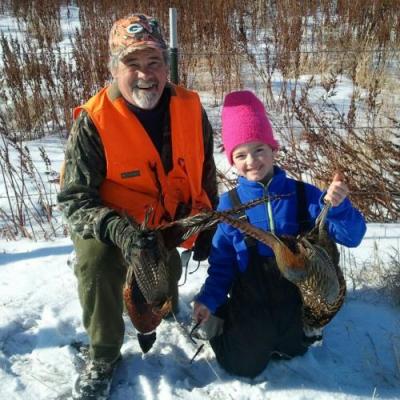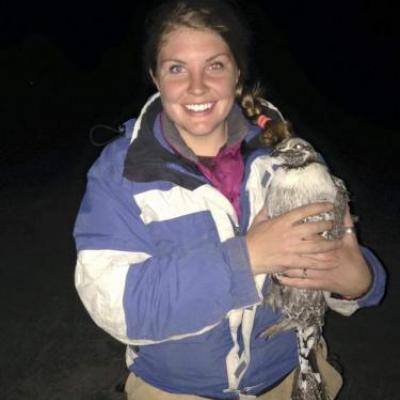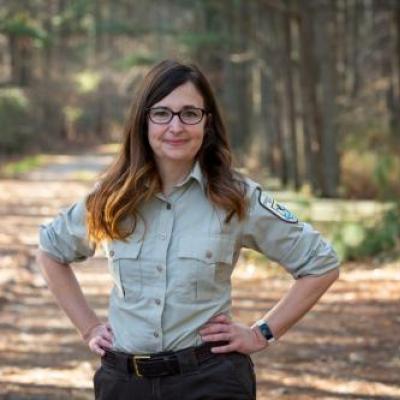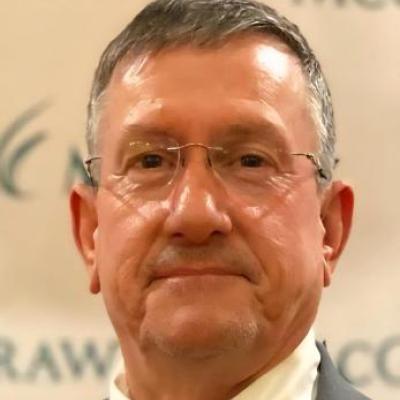National Conservation Training Center (NCTC)
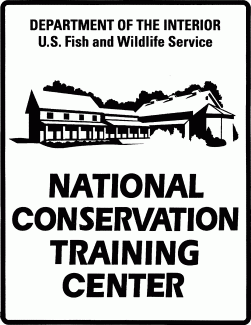
The National Conservation Training Center supports the mission of the U.S Fish and Wildlife Service in five critical ways:
- Home and Heritage: NCTC serves as the physical and virtual “home” of the U.S. Fish and Wildlife Service, where the history and heritage of the Service are preserved and shared;
- Training for the Mission: NCTC provides exemplary training and professional development tailored to support Service employees and conservation partners in accomplishing the agency’s mission;
- Partnerships: NCTC helps solve the urgent conservation challenges facing our natural resources by bringing together diverse partners to increase our relevance to the American people.
- Sustainability: NCTC is a national leader in the conservation community for its state-of-the art facility and green practices.
Campus Setting
NCTC is a walking campus on a 533 acre property. The instructional classrooms, commons, and housing are situated within the rural setting of both forest and grasslands. The architectural design demonstrates the buildings and walkways are blended with the landscape to entice guests to shed their metropolis pressures. Outdoor patios, walkways, and break areas are situated to easily view the Mid-Atlantic area wildlife throughout the four seasons. Birds, white-tailed deer, fox, and other critters are frequently seen skittering up nearby trees or moving along a grassland culvert.
The National Conservation Training Center, or frequently referred to as NCTC, is located just 60 miles or just over 1 hour outside the Washington DC metropolitan beltway. We are part of the Shepherdstown, West Virginia community also known for the nearby state university just down the road from us. Our location is closest to the Washington Dulles International Airport, but many customers also use Baltimore/Washington International and Reagan National (DC) Airport.
On behalf of the Max McGraw Wildlife Foundation, I would like to welcome you to our program. We are pleased you will be participating in our CLfT Professional Workshop in Shepherdstown, WV at the National Conservation Training Center (NCTC). Your time with CLfT will be informative, busy, fun, and safe.
Hunters and hunting are integral parts of natural resource management and conservation in North America. As such, hunting is nearly impossible to characterize universally. It is, however, an activity fraught with misunderstanding, both positive and negative. At our workshop, we invite you to take a thorough look at hunters and the facts and fiction surrounding hunting in North America. We welcome whatever questions you have, however difficult or sensitive, because they are very likely to be the same ones that you, as a professional, will be asked - regardless of your personal involvement with hunting.
CLfT instructors come from a variety of personal and professional backgrounds, but each of us has a common dedication to science, the practice of natural resource management, and the correlated heritage of hunting and the consumptive uses of wildlife. In addition, we are committed to making your workshop experience informative, memorable, and beneficial to your conservation career.
During the workshop, the instructors will share their knowledge, passion, and experiences via roundtable discussions, technical presentations, and various field exercises, including firearms handling, shotgun shooting, game cleaning and preparation, hunting with dogs and one-on-one interactions. There is also a safe, mentored educational hunt for participants who wish to experience hunting and gain a better understanding of this activity. You are not required to participate in any of the field activities that make you uncomfortable, but we expect all participants to observe, listen, learn, and enjoy.
It is neither the intention nor purpose of the CLfT program, staff or instructors, to convince you to be a hunter, or recruit you in any way. Our purpose is to provide an opportunity for you to learn about, witness, and briefly experience hunting. Your future personal involvement with hunting and the consumptive uses of wildlife is irrelevant and divergent to the primary concern, objective, and goal of the program. We believe that CLfT will enable you, as you advance in your professional career, to have a better understanding of the biological, social, economic, and personal values associated with the consumptive uses of wildlife, while also gaining an understanding of the role hunting, and hunters have in wildlife conservation and the natural resources profession.
You will be staying at the National Conservation Training Center (NCTC). Our classroom will also be on campus and within walking distance of lodging and the dining facility. Lodging and all meals are provided and covered under the CLfT Master Bill. We will make all reservations at NCTC.
The outdoor field exercises will be conducted even if it is cold, raining or snowing, so come prepared for those possibilities. We recommend you check the Shepherdstown, WV area weather prior to packing.
We will request that cell phones be turned off, or at a minimum, silenced during workshop hours. You should let family and friends know that you will check messages as time permits. As you have seen on our agenda, we do have long days that extend into the evening after dinner. Mealtimes and late evenings will be your optimal times to call home.
If you have not already done so, please be sure to let us know of any dietary, medical, and or learning needs, or other condition that might require attention, including necessary use of prescription medication. Such confidential information will be shared only to the extent necessary to ensure participant safety, comfort, and well-being.
We will try to make the workshop as interesting, enlightening and as fun as possible. In any case, it will be safe and an adventure. For additional information on the CLfT program, please visit our webpage at www.clft.org .
See you soon and feel free to contact me with any questions,
David L. Windsor
Director, CLfT
765.427.5712
dave@clft.org
Please bring the following important items:
- comfortable, warm, outdoor field clothing--not too bulky
- toiletries
- cap or headband; (optional for your comfort)
- gloves (optional for your comfort)
- rain gear (optional for your comfort)
- warm, waterproof, hiking/ work style boots
You may also want to consider bringing the following optional items:
7. handwarmers
8. personal snacks
9. Agency marketing and giveaway items (to share with other participants/ Not required)
He has attended the Tom Brown Tracker School, learned to make primitive longbows with John McPherson, is an avid hand loader of ammunition and has spent time as a primitive rendezvous/fur trade era, muzzle loader competitor. Taking the hunt to a deeper level of satisfaction, which includes butchering and caring for ones harvested game, is a year round pursuit.
As an Endowment member of the NRA, he has instructor ratings in pistol and shotgun. After retirement from UPS, he has started Vermont Advanced Shooting Sports (V.A.S.S.), a post hunter education school, to facilitate the new shooter with limited mentoring opportunity.
Michael and his wife, Molly Cook, live on 38 acres in the Northeast Kingdom in Brighton, VT. They spend their time managing their land to sustain wildlife, hunting, fishing, shooting and enjoying the gifts that nature provides. Wild game meat in the freezer is their preferred diet.
She has a Masters degree in Wildlife Management from West Virginia University, and a BS in Biology from University of Pittsburgh. In her spare time she is an avid hunter, angler, and loves training her rescue dog Elsie. She also serves as a mentor for other women learning to hunt; Marcia has a strong desire to break down both the stereotypes and barriers for women and other minorities to get involved in the liberating and diverse world of outdoor sports.

